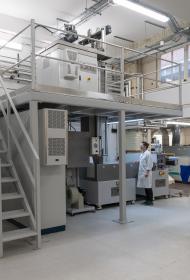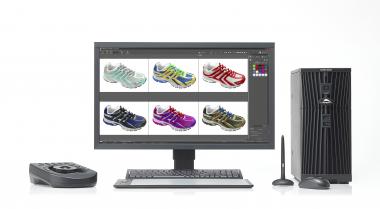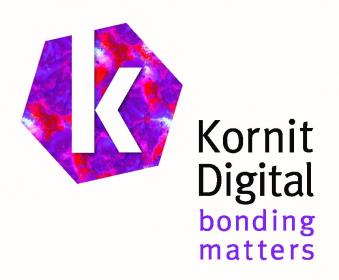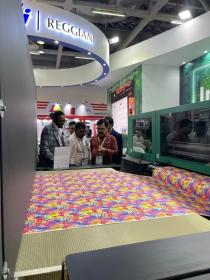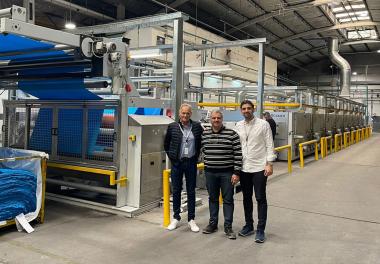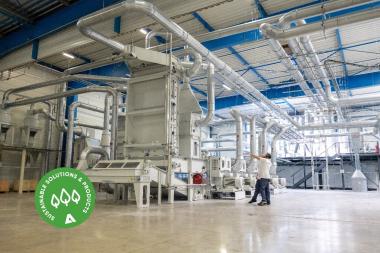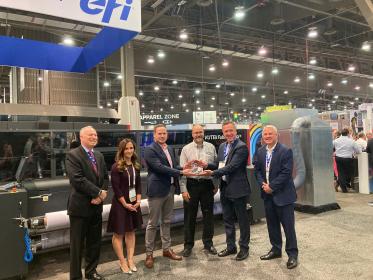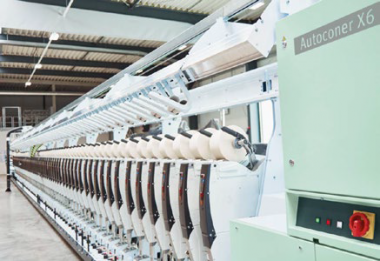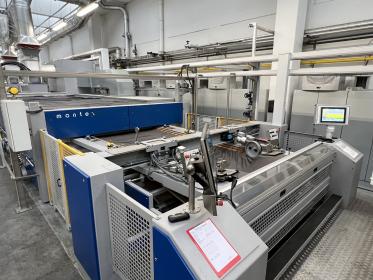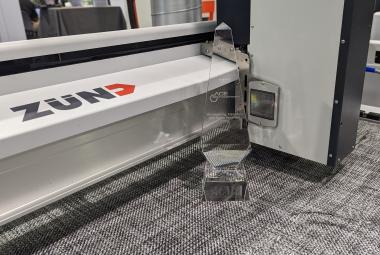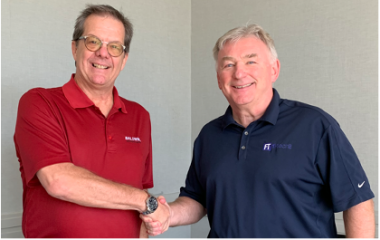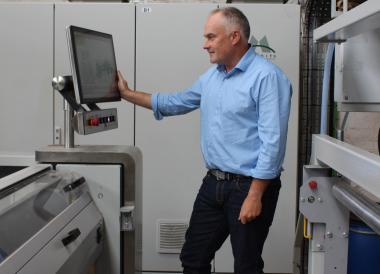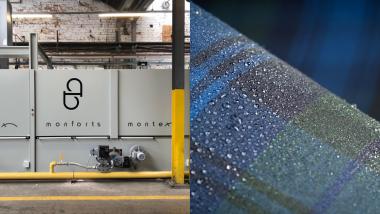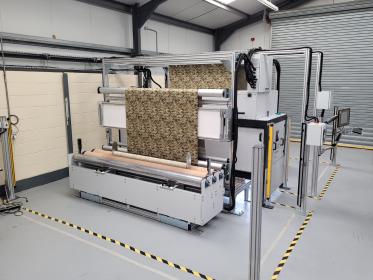FET prepares for INDEX 23 Exhibition in Geneva
Fibre Extrusion Technology Ltd (FET) of Leeds, UK will shortly be exhibiting at INDEX 23, the leading nonwovens exhibition in Geneva, 18-21 April.
As well as featuring its latest meltblown and spunbond technology, FET will focus on its new Fibre Development Centre. Construction and fit-out of this new purpose-built building is now fully operational. This modern two-storey development provides state-of-the-art facilities, including enhanced laboratory for client testing and product development.
Resident equipment in the Fibre Development Centre reflects the wide range of fibre extrusion systems offered by FET to clients across the globe and will enable continued growth of the company through innovation.
Complementing FET’s highly successful meltblown technology, the more recent spunbond range provides unprecedented opportunities for the scaled development of new nonwoven fabrics based on a wide range of fibres and polymers, including bicomponents.
Fibre Extrusion Technology Ltd (FET)


